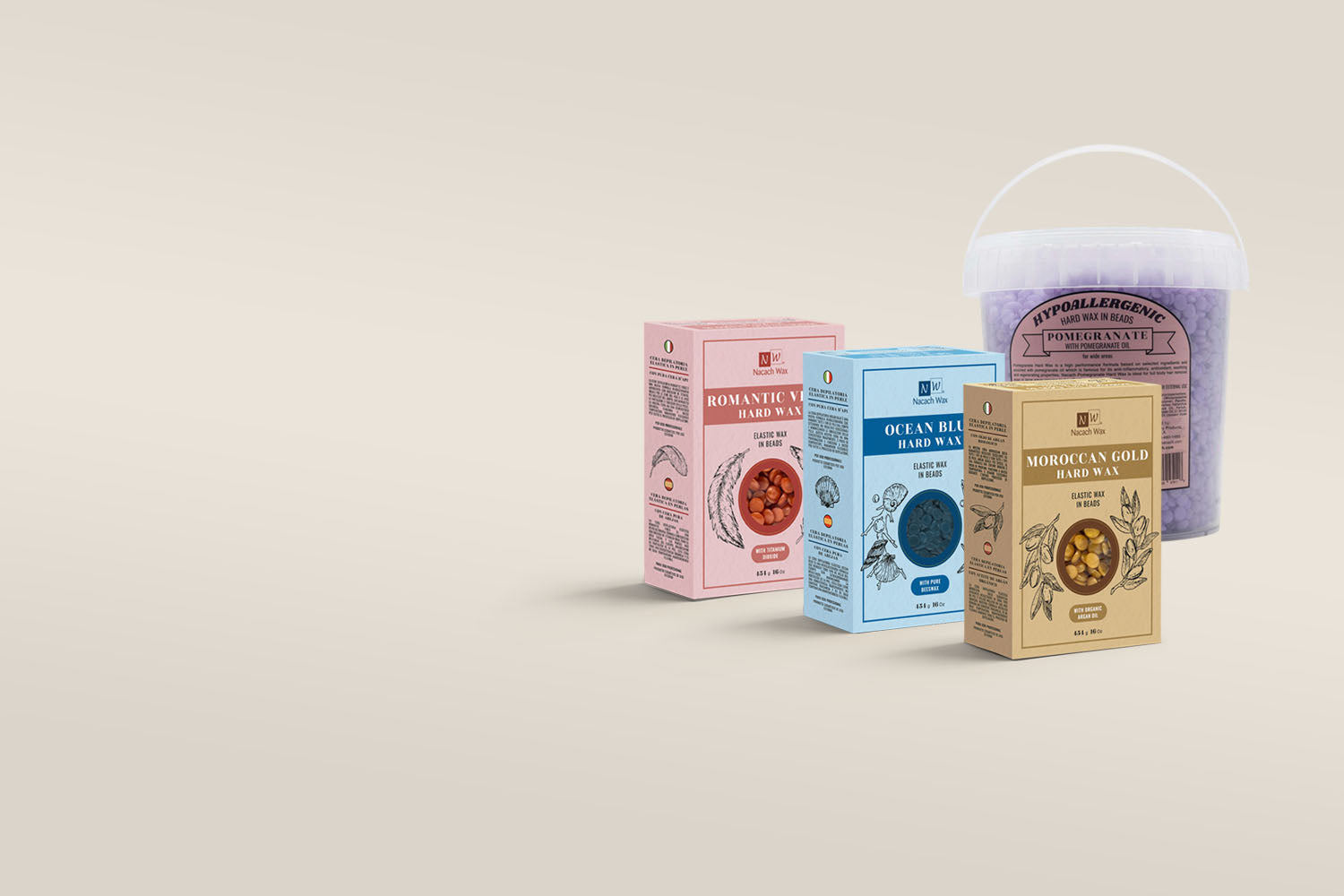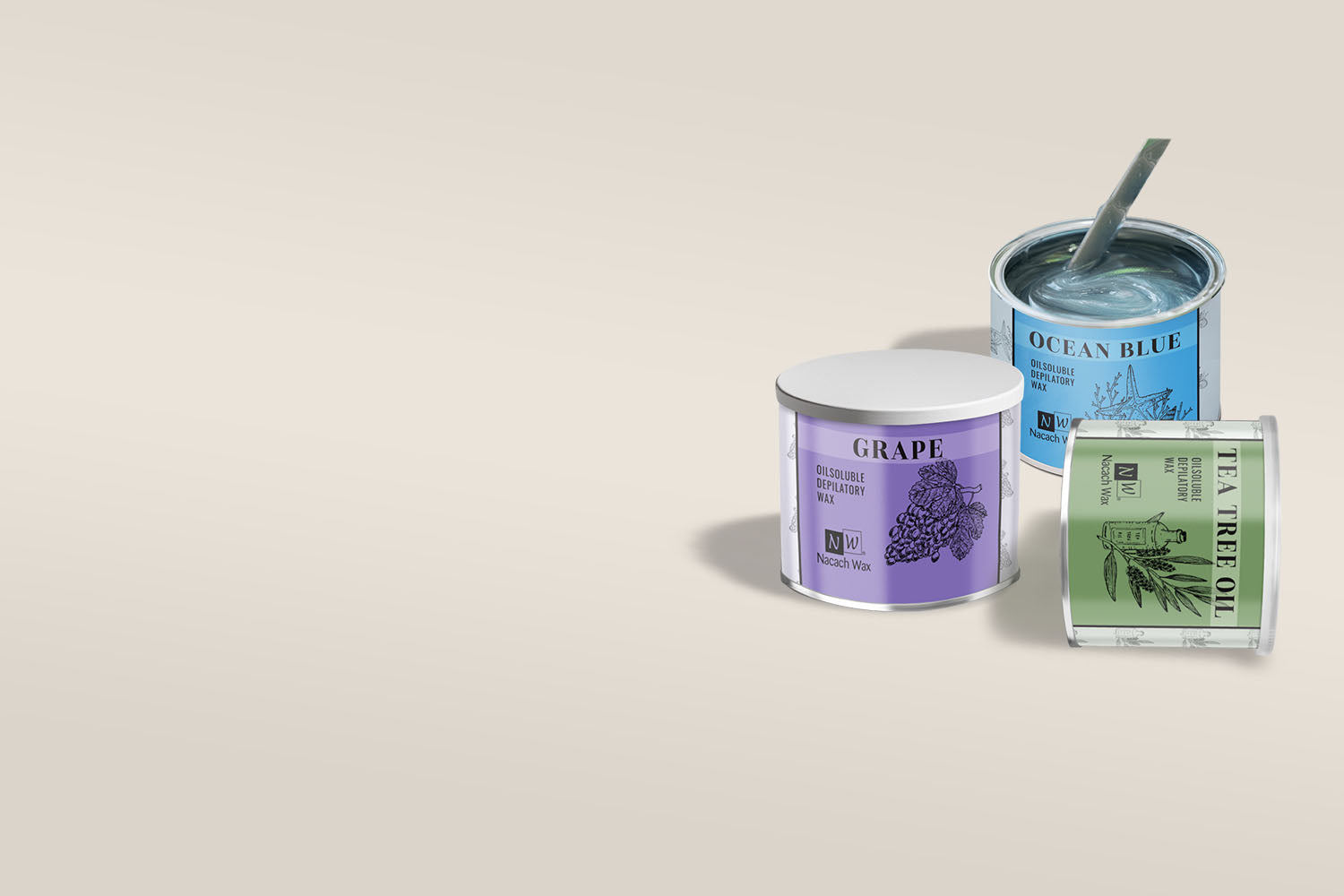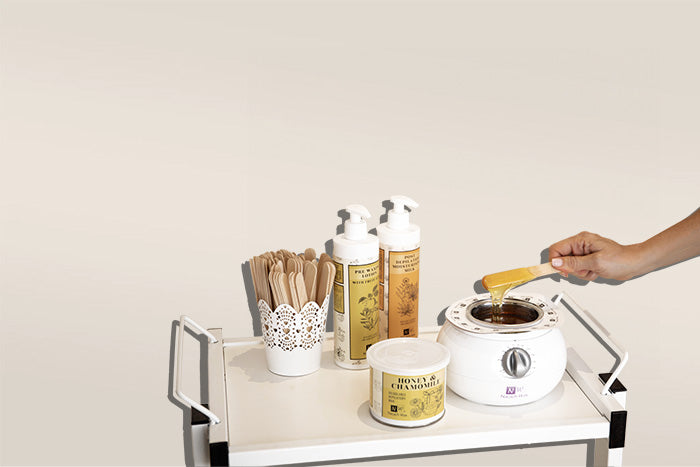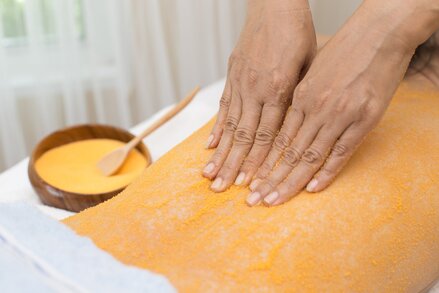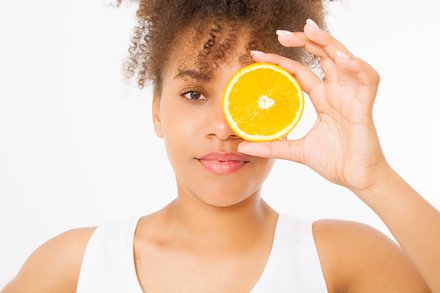Noticing fine lines, acne, or skin damage? Before you turn to extreme beauty measures, there’s an easier way to get plumper, younger-looking skin with something that you probably already have in your fridge or medicine cabinet: vitamins.
Just as vitamins support your internal organs’ health, they are also crucial for your body’s biggest organ, your skin. Vitamin deficiencies can result in adverse effects for your skin, where adding additional vitamins to your diet and skincare routine can enhance your skin’s appearance.
Here are five of the best vitamins for your skin.

1. Vitamin D
While vitamin D is often connected to bone health, it’s also one of the most crucial skin vitamins. Studies have found that healthy levels of vitamin D can support healthy aging for younger-looking skin, possibly reduce the risk of certain cancers, and even improve mood.
Skin aging is caused by the shortening of telomeres at the cellular level. These telomeres shorten with age, making DNA in skin cells unstable until the cell dies. Telomeres are significantly longer in those with high vitamin D levels.
Many people are vitamin D deficient. A lack of exposure to sunlight mainly causes this; however, as you age, your body is less able to synthesize vitamin D from sunlight, which can also lead to deficiencies. Vitamin D supplements, or a diet of Vitamin D rich foods, such as fish like tuna, mackerel, and salmon, can also help you balance vitamin D levels.
2. Vitamin E

Vitamin E is an essential nutrient and offers anti-inflammatory properties that support cell function. Additionally, Vitamin E helps with skin cell reparation, diminishing the effects of oxidative free radicals produced food, your body, and toxins in the environment. Vitamin E may also be beneficial at reducing UV damage to the skin.
Vitamin D and E go hand-in-hand, as while sunlight increases vitamin D levels, vitamin E levels are reduced by prolonged sun exposure. Your vitamin E levels are also depleted as you age.
To support your skin with Vitamin E, eat foods rich in the vitamin, take vitamin E supplements, or apply it topically with various skin products. Foods containing Vitamin E include nuts, vegetable oils, abalone, salmon, and other seafood, as well as broccoli, spinach, and other green vegetables. Vitamin E is absorbed even better when combined with vitamin C.
Vitamin E is also added to many cosmetic products, such as anti-aging creams, eye serums, sunscreens, and makeup.
3. Vitamin C
Adding more Vitamin C to your diet and skincare routine can boost your skin’s appearance. It may help repair uneven skin tone, fine lines, acne scars, and skin dullness. Its antioxidant properties can help reduce signs of aging and reverse damage caused by the sun’s UV rays.
Additionally, when considering what vitamin helps you heal faster, Vitamin C can be helpful. Its high acidity helps trigger the skin’s natural healing process by accelerating collagen and elastin production - these proteins are attributed to skin firmness. Vitamin C can also reduce dark spots, as they may inhibit your skin's melanin production.
For best results, apply to the skin topically with a Vitamin C serum. Vitamin C’s effectiveness is also enhanced in serums that contain vitamin E or other antioxidants.
4. Vitamin A
Vitamin A is most commonly associated with eye health; however, it also has fantastic benefits for your skin. Vitamin A is a retinoid, and skin is a retinoid-responsive organ, meaning it can readily absorb vitamin A when applied topically. This retinol stimulates the production of new skin cells. Vitamin A is also an antioxidant, meaning it can protect skin cells from damage and premature again.
Eating a diet that is high in Vitamin A, such as carrots, dairy products, and salmon, or taking vitamin supplements is a great way to ensure you are getting enough of the vitamin. However, for the best skin results, it should be applied topically.
Vitamin A is an ingredient in many skincare products, including moisturizers, serums, sunscreens, oils, and anti-aging creams. Applying vitamin A topically can help reduce acne’s appearance and regulate the shedding of dead skin to reduce clogged pores.
Applying vitamin A topically with an anti-aging cream can also reduce the appearance of wrinkles, fine lines, and age spots by encouraging collagen production.
5. Zinc
People often overlook zinc for skin health, but your skin actually depends on zinc’s properties. It helps protect from damage, rejuvenate the skin, moisturizes, and soothes inflammation.
While not technically an antioxidant, zinc protects the skin from damaging free radicals and supports the skin’s collagen production to protect from UV damage, the effects of aging, and other environmental toxins.
Zinc also helps your skin heal faster. The minerals in the skin surrounding a scrape or cut increase enzymes and proteins to avoid skin infection, control inflammation, and produce new, healthy skin cells. The mineral may also protect the skin from acne flare-ups by boosting immune function and reducing inflammation.
Apply zinc topically for added skin benefits. For example, it is an effective sunscreen acting as a physical block between your skin and the sun's harmful rays. Because zinc doesn’t absorb into the skin like other sunscreens, it’s also great for sensitive skin.
Zinc’s moisturizing and healing properties can help with a variety of skin conditions. Apply it to the skin to soothe eczema, psoriasis, dandruff, or other dry, itchy skin occurrences. Zinc can also help reduce inflammation in rashes and stimulate skin cells’ production for quicker healing of sores.
Takeaway
Vitamins are essential for healthy skin. Adding vitamin supplements for the skin to your diet, or using topical serums, can reverse signs of aging, reduce inflammation, and protect your skin from damage.


